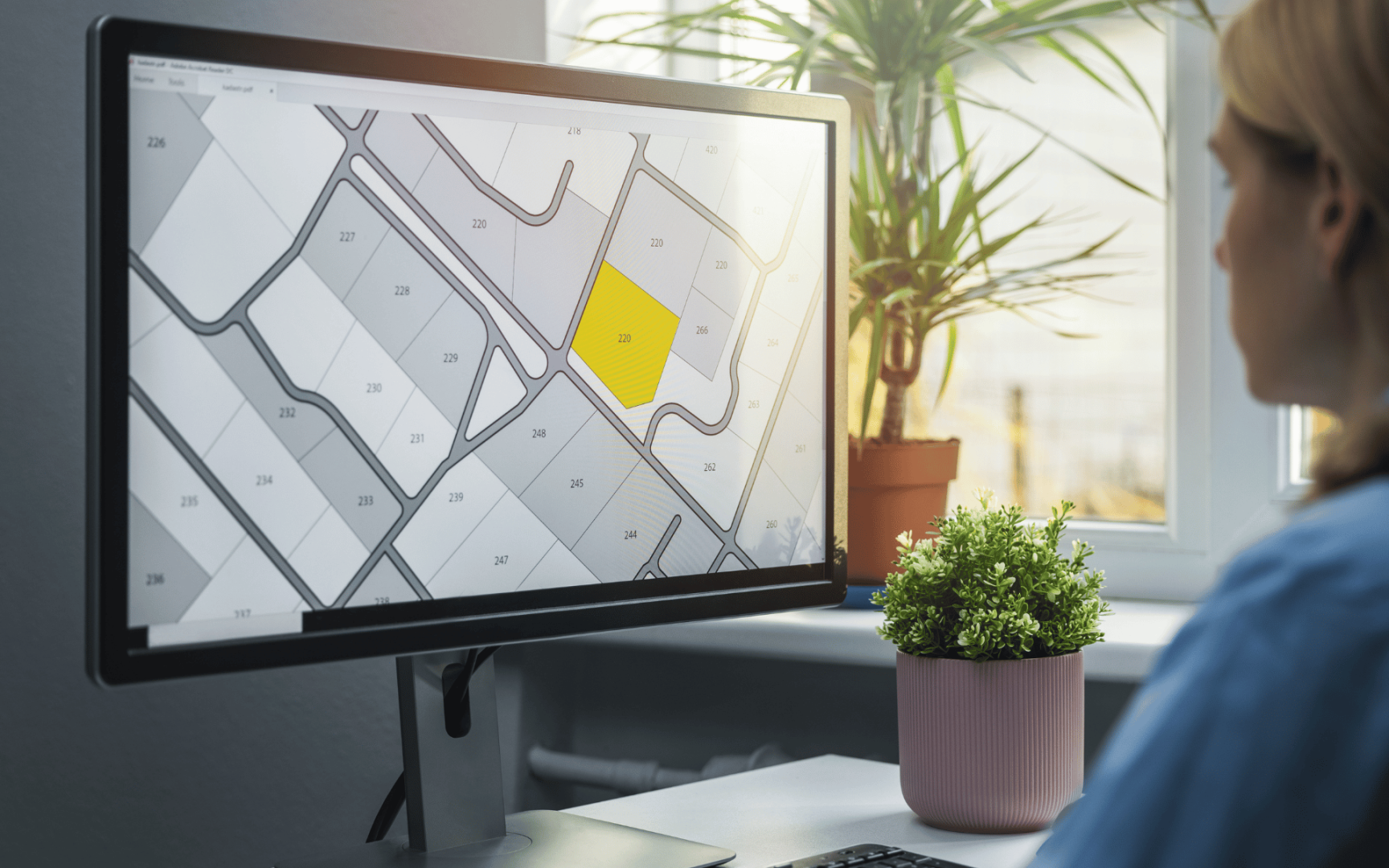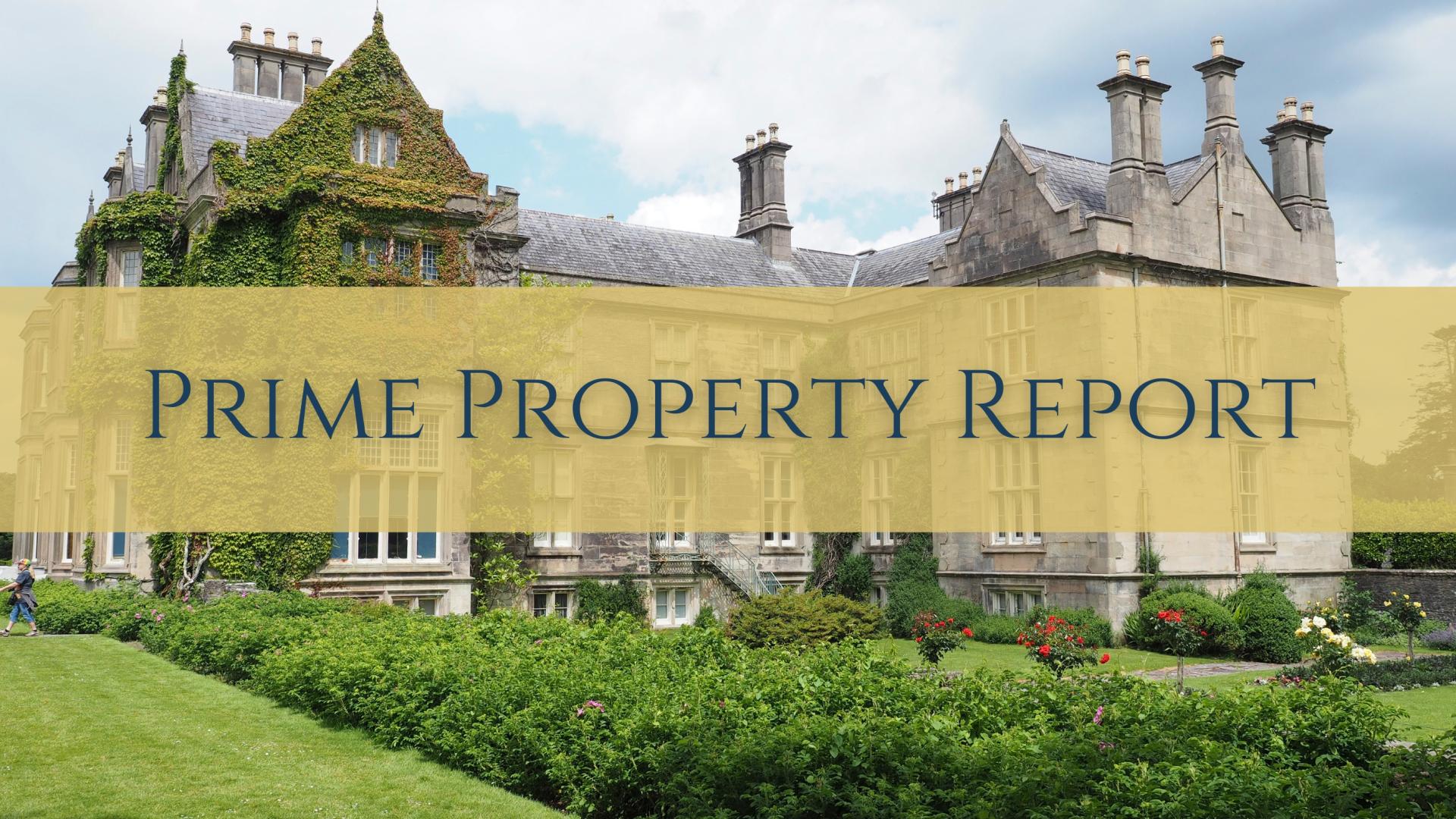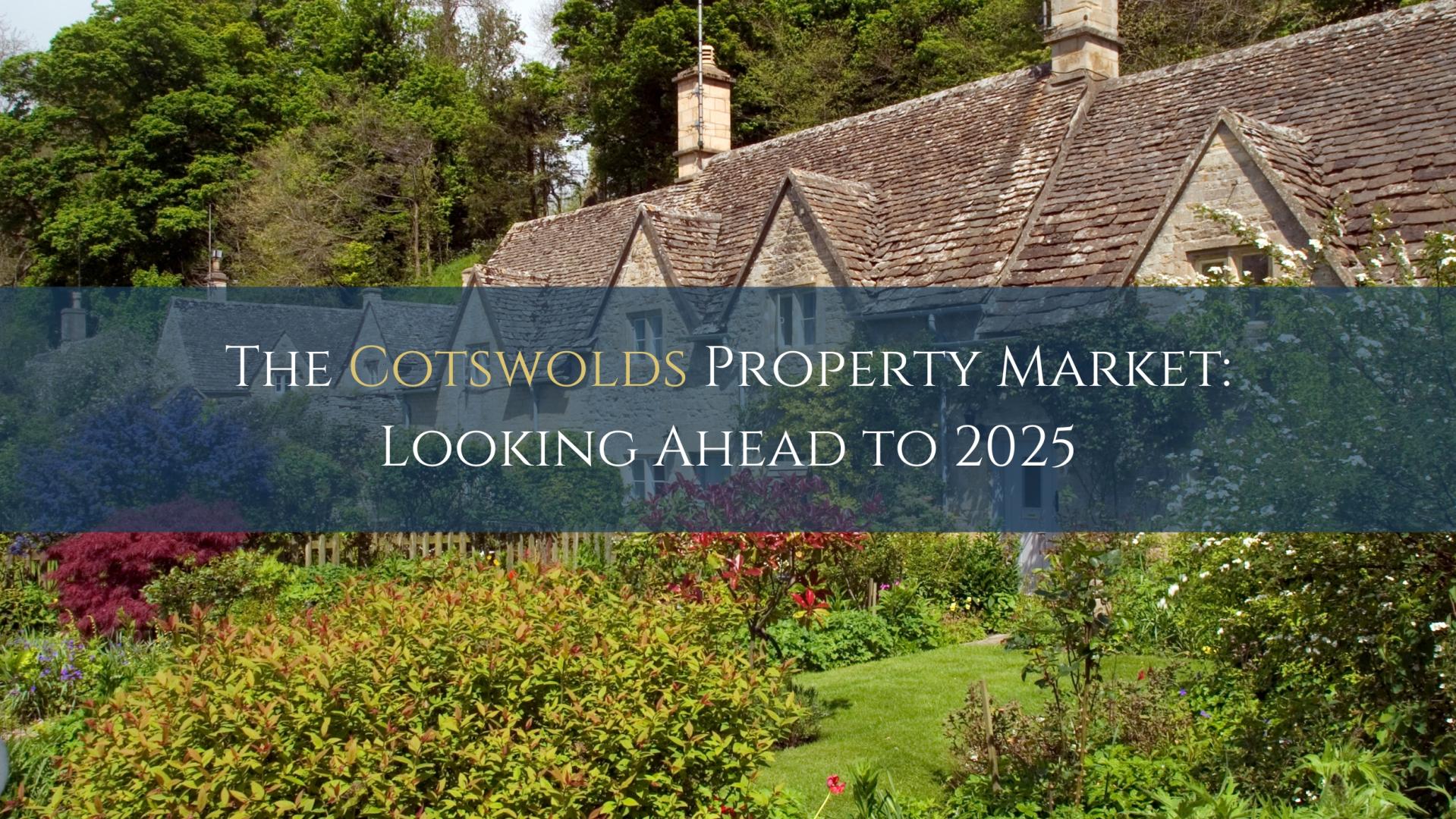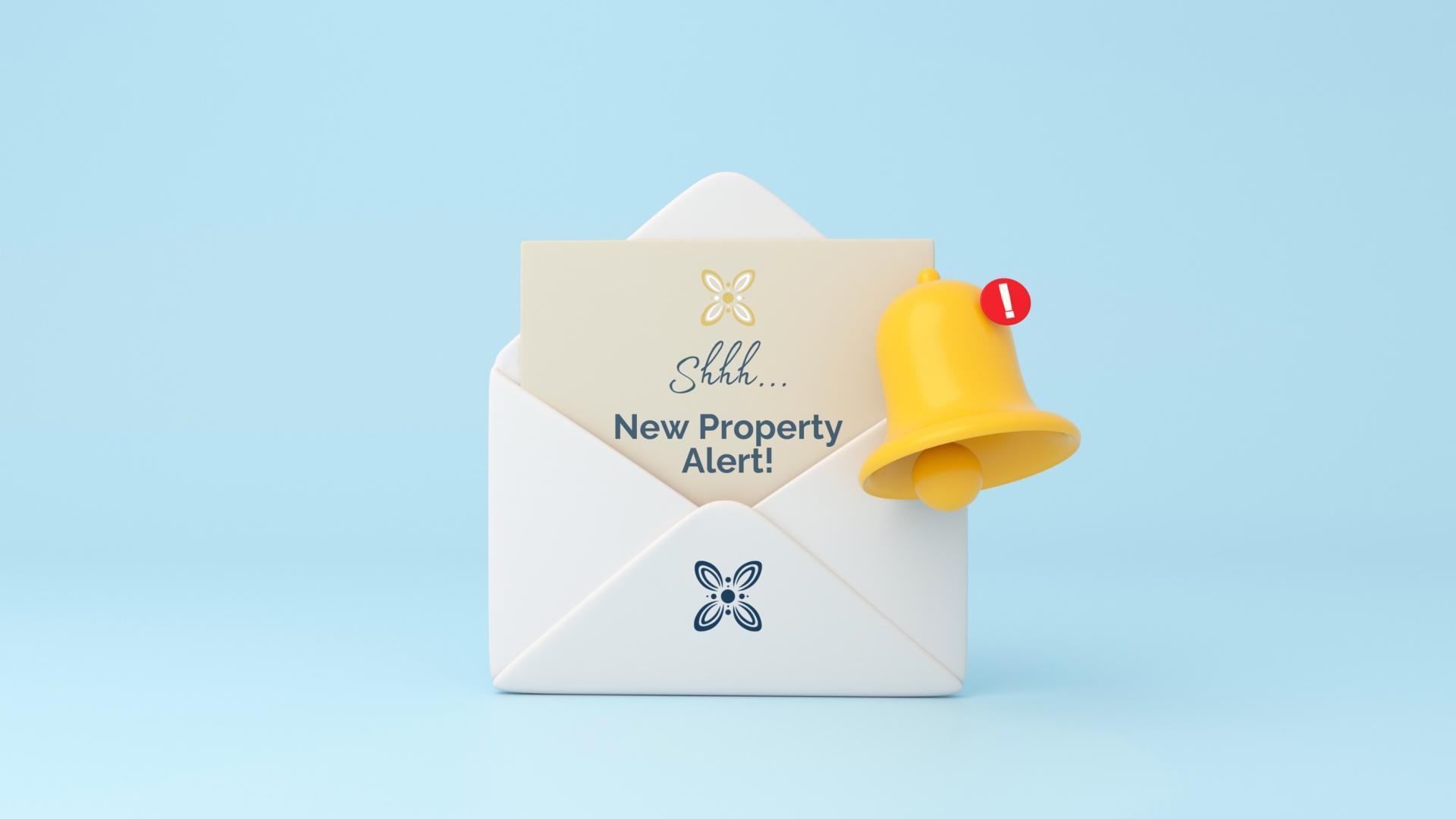Selling a house can be a stressful and overwhelming process, and one of the most crucial factors in ensuring a successful sale is pricing your home correctly.
Many homeowners may be tempted to overprice their property in hopes of making a larger profit or underestimate its value in an effort to attract more buyers. However, neither of these strategies is effective and can actually hinder the sale of your home. At Chartwell Noble we wanted to share why accurately pricing your home is essential for a smooth and successful selling experience.
Understanding house prices
When selling your home in Worcestershire, the most crucial factor is often overlooked – the price. Many homeowners overvalue their properties, causing their expectations to clash with those of potential buyers. This problem has been amplified by falling house prices, with owners typically valuing their homes 15% higher than estate agents. Whilst online research can be useful, it's vital to recognise its limitations. Some homeowners base their prices on what their neighbours are asking, but it's rare for a house to sell for its asking price in the current market. Zoopla found that 42% of sellers receive less than 95% of their asking price. It's also important to bear in mind that sold price data on Land Registry may be at least 3 months old, and in the current climate, much can change in that time.
Common pitfalls when pricing your home
Setting the right price for your home can be a tricky task, and many sellers fall into common pitfalls when it comes to pricing. Owner overvaluing tends to be based on sentimental attachments or unrealistic expectations. It's important to remember that the value of your home is determined by the market and comparable sales in your area, not by your own emotional connection or desires.
While setting a low price may attract more potential buyers, it can also give the impression that there is something wrong with the property. Buyers may question why your home is priced significantly lower than similar homes in the area, raising concerns about its condition or location.
Failing to consider market trends and conditions is another common pitfall. It's crucial to stay informed about the current real estate market and adjust your pricing strategy accordingly. Pricing your home too high during a slow market can lead to extended time on the market.
The advantages of accurate home pricing
Accurately pricing your home comes with several advantages. It increases the likelihood of attracting serious buyers. When potential buyers see that your home is priced accurately, they are more likely to view it as a legitimate contender and take the time to schedule a viewing. This increases the chances of receiving offers and, ultimately, completing the sale.
Getting the price right also helps to streamline the selling process by reducing the time your home spends on the market. When your property is priced too high, it can deter potential buyers and lead to extended listing periods. Delaying the sale of your property and letting it stagnate on the market can lead to potential price reductions later on. It's important to keep track of the current market trends and adjust your pricing strategy accordingly, rather than risking an extended time on the market.
Setting a competitive and accurate price also increases the chances of receiving multiple offers. When buyers see that your home is priced fairly and in line with other comparable properties, they may be more motivated to submit a competitive offer in fear of missing out on the opportunity.
Accurate pricing ensures that you are targeting the right demographic and maximising your chances of a successful sale.
Practical tips for correctly pricing your home
Pricing your home correctly is crucial for a successful sale. Here are some practical tips to help you accurately determine the right price for your property.
1. Research the market: take the time to research recent sales and current listings in your area. Look for properties similar to yours in terms of size, location and condition. This will give you an idea of what buyers are willing to pay.
2. Consult a professional: seek advice from a reputable estate agent who has extensive knowledge of your local market. They can provide a comprehensive analysis of comparable properties and help you set a competitive price.
3. Consider the condition of your home: take an objective look at your property and assess any necessary repairs or renovations. A well-maintained home in good condition will generally command a higher price.
4. Don't forget about location: location plays a significant role in determining a property's value. Consider any amenities, schools or transport links that may influence buyers' decisions.
5. Be realistic: avoid letting sentimental attachment or unrealistic expectations cloud your judgement. Price your home based on its actual market value rather than personal attachment.
6. Get feedback from potential buyers: if you're unsure about your pricing strategy, consider asking potential buyers for feedback. Their opinions can provide valuable insights and help you make adjustments if necessary.
Remember, accurately pricing your home will attract serious buyers and increase the chances of a successful sale.
Let’s get started... If you are looking for an honest and realistic valuation of your property that will get your home sold, give George, Ross or Stuart a call on 01905 969 998 or email enquiries@chartwellnoble.co.uk. You can also contact us HERE.



 by
by 
 posted by
posted by 

 posted by
posted by 
Share this with
Email
Facebook
Messenger
Twitter
Pinterest
LinkedIn
Copy this link